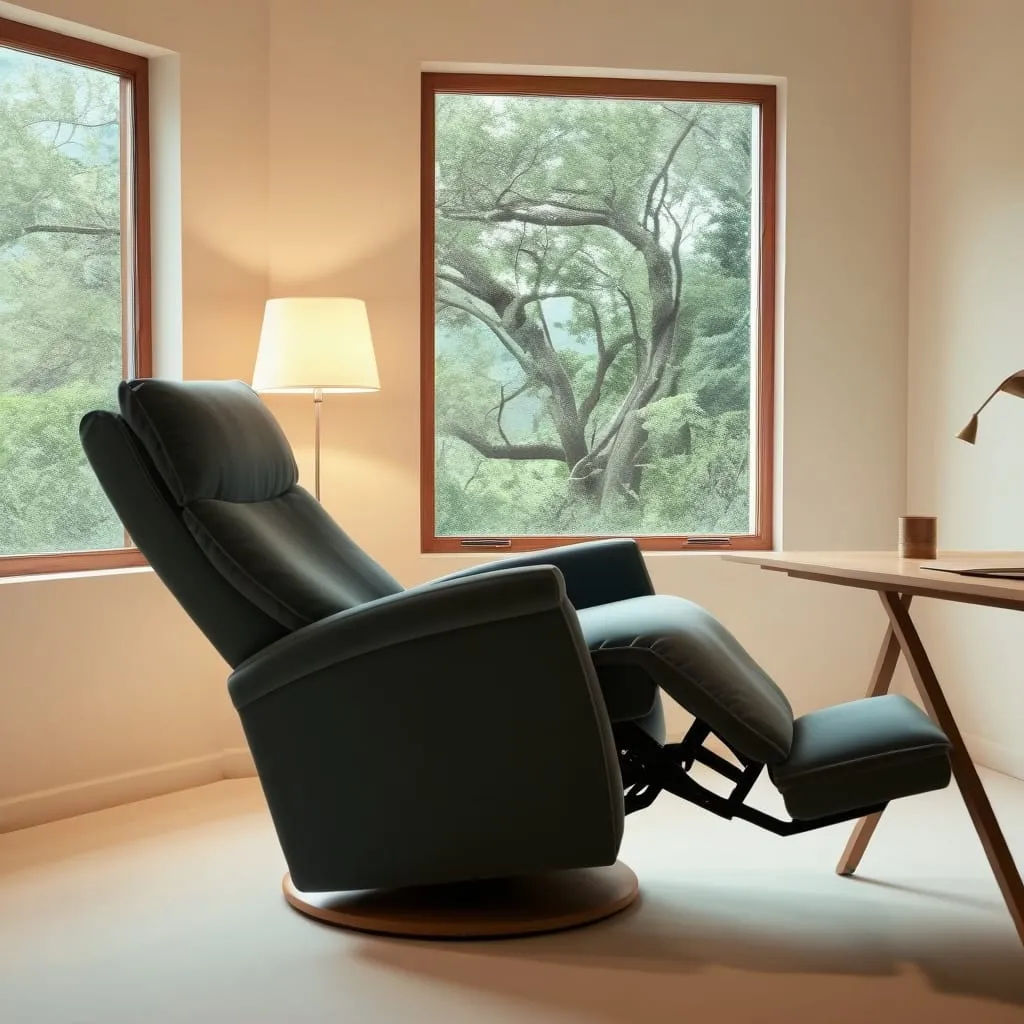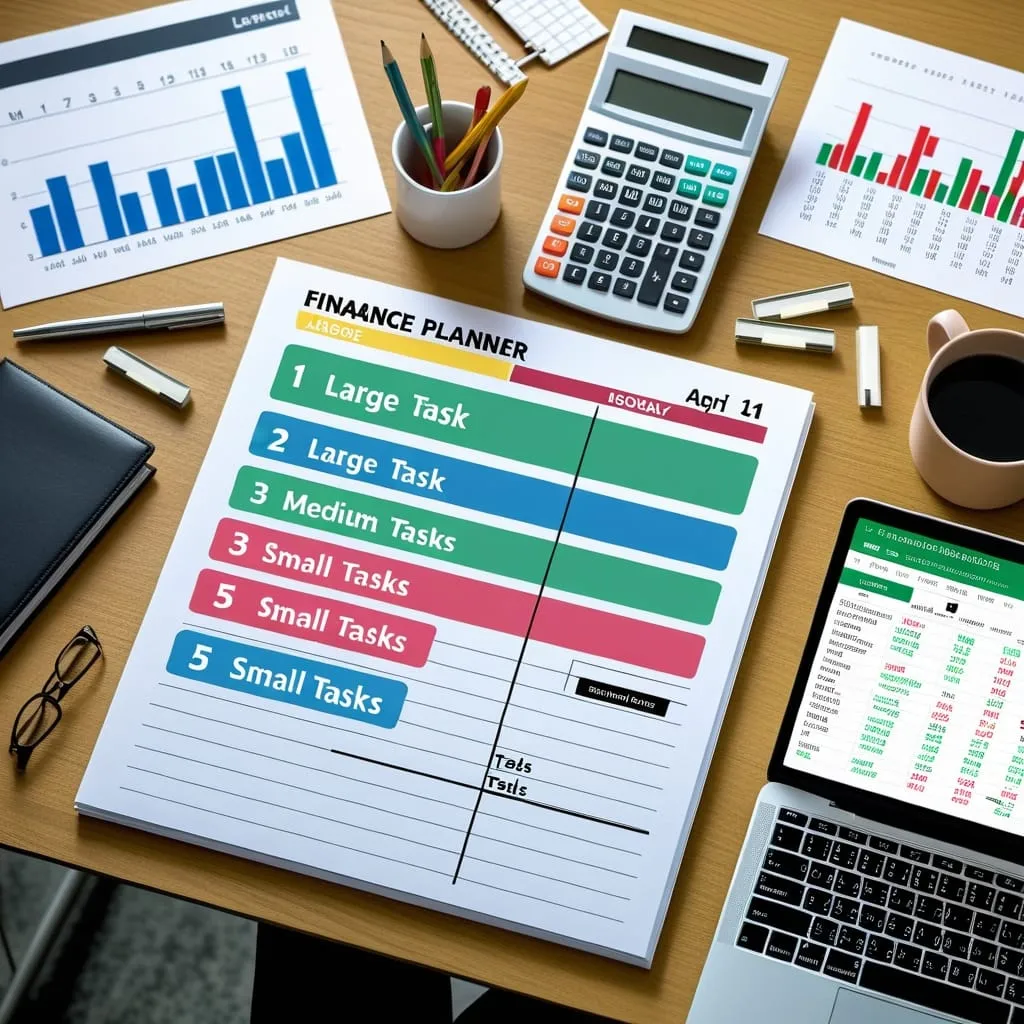Power Naps and Micro-Meditations: The New Time Hacking Secrets
In our fast-paced world, finding ways to squeeze more productivity out of our day is like striking gold. That's where power naps and micro-meditations come in - they're the new secret weapons for time hackers everywhere. Let's dive into why these little breaks are becoming such a big deal.
First up, power naps. They're not just any old snooze - they're like a reset button for your brain. You know how your phone sometimes acts up, and you need to turn it off and on again? That's what a power nap does for your mind. Even a quick 5 to 12-minute nap can make you feel like you've had a mini vacation.
The cool thing about power naps is you don't need to fall into a deep sleep. It's more like dipping your toes in the relaxation pool rather than diving in headfirst. This makes it easier to train yourself to relax quickly and wake up feeling refreshed, not like a zombie.
Now, timing is everything with power naps. Too long, and you'll feel groggy - that's sleep inertia for you. The sweet spot? About 7 to 12 minutes. It's just enough to clear the cobwebs without shutting down completely. Imagine clearing your browser cache - that's what a good power nap does for your brain.
Here's a pro tip: try the "caffeine nap." Sounds weird, right? But it works. Drink a cup of coffee, then immediately take a 20-minute nap. By the time you wake up, the caffeine is kicking in, and you're ready to conquer the world. It's like giving yourself a double shot of energy.
Now, let's talk about micro-meditations. These are like power naps' zen cousins. They're super short meditation sessions, usually 2-5 minutes, that help you relax and focus without actually falling asleep. It's like giving your brain a quick massage.
One easy way to do micro-meditations is with guided relaxation audio. Pop in your earbuds, close your eyes, and let someone's soothing voice guide you to your happy place. It's perfect for those moments when you're feeling stressed and need a quick breather.
I know what you're thinking - "But what if I can't wake up?" or "Won't I look lazy napping at work?" Don't sweat it. Set an alarm - that way, you can relax fully without worrying about oversleeping. And as for looking lazy? Nah. Napping is a sign of smart time management. Some of the most successful people out there swear by power naps. It's all about reframing it as a performance booster, not a lazy indulgence.
Take former Navy Seal Jocko Willink, for example. He's all about the 8-minute nap. It's just long enough to recharge without leaving you feeling like you've been hit by a truck. Perfect for those days when you need a quick energy boost but don't have time for a full siesta.
Now, let's get practical. How do you make these work in real life? First, schedule your naps. Plan them around your natural energy dips - usually in the early afternoon when that post-lunch slump hits. Find a quiet spot where you can relax without Bob from accounting interrupting you. Use tech to your advantage - there are tons of apps and YouTube videos for guided meditations, and don't forget to set that alarm!
Start small. Maybe begin with a 5-minute power nap or a 2-minute meditation. See how it feels and adjust from there. It's like trying a new workout routine - you need to find what works best for you.
I've got to say, incorporating these into my daily routine has been a game-changer. After a morning of back-to-back meetings, a quick power nap makes me feel like I've had a full eight hours of sleep. And a micro-meditation during lunch? It's like pressing the reset button on my stress levels.
But let's get real for a second. It's not just about being more productive. It's about taking care of yourself in a world that's always demanding more. These little breaks are like mini-vacations for your brain. They give you a chance to step back, breathe, and come back stronger.
Think about it - how often do you push through fatigue, trying to get more done, only to end up staring blankly at your screen? A quick nap or meditation could be the difference between a productive afternoon and hours of procrastination.
And it's not just for work. Imagine you're studying for a big exam or working on a personal project. You've been at it for hours, and your brain feels like mush. A 10-minute power nap could be just what you need to absorb that last bit of information or come up with that brilliant idea you've been chasing.
It's also about quality of life. When you're constantly running on empty, everything suffers - your work, your relationships, your health. By taking these short breaks, you're investing in yourself. You're saying, "Hey, I matter, and I deserve to feel good."
Now, I know what some of you might be thinking. "I don't have time for naps or meditation!" But here's the thing - you don't have time not to do them. The energy and focus you gain from these short breaks more than make up for the time you spend on them. It's like spending a little money to make a lot more.
And let's talk about creativity. Have you ever noticed how your best ideas come when you're relaxed? Maybe in the shower or just as you're falling asleep? That's because when your brain is relaxed, it's free to make new connections. Power naps and micro-meditations can create that same state, potentially leading to those "aha!" moments we all crave.
Here's another cool benefit - these techniques can help with emotional regulation. We all have those days where everything seems to go wrong, and we're one small annoyance away from losing it. A quick meditation or nap can help reset your emotional state, making you more resilient to stress and less likely to snap at your coworker for chewing too loudly.
Let's not forget about the physical benefits. Chronic stress and fatigue can wreak havoc on your body. Regular power naps and meditation can help lower blood pressure, reduce the risk of heart disease, and even boost your immune system. It's like giving your body a daily dose of chill pills.
Now, I'm not saying these techniques are magic bullets that will solve all your problems. But they are powerful tools that, when used consistently, can significantly improve your quality of life. It's like compound interest for your well-being - small investments that pay off big over time.
So, how do you get started? Start small. Maybe try a 5-minute guided meditation tomorrow during your lunch break. Or set an alarm for a 10-minute power nap this weekend. Pay attention to how you feel afterward. Did you have more energy? Were you more focused? Did you feel less stressed?
Remember, it might feel a bit weird at first. You might not be able to relax right away or feel like you're "doing it wrong." That's okay. Like any skill, it takes practice. Be patient with yourself. The more you do it, the easier it becomes.
And don't be afraid to experiment. Maybe you find that a 15-minute nap works better for you than 10 minutes. Or perhaps you prefer unguided meditation to guided sessions. There's no one-size-fits-all approach here. It's about finding what works best for you.
In conclusion, power naps and micro-meditations aren't just trendy buzzwords. They're practical, science-backed techniques that can help you navigate our demanding world with more energy, focus, and peace of mind. They're like secret weapons for your brain, helping you to do more, feel better, and maybe even enjoy life a little more.
So next time you're feeling overwhelmed, stressed, or just plain tired, remember - a little break could go a long way. Give yourself permission to pause, reset, and come back stronger. Your future self will thank you.






